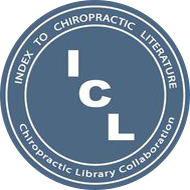Objective: The purpose of this study was to evaluate the effects of postural shifting frequency on perceived musculoskeletal discomfort during 1 hour of sitting in healthy office workers.
Methods: An experimental study comparing 3 different postural shifting frequencies was conducted on 60 healthy office workers who were asked to sit for an hour. The effects of 3 postural shifts (ie, 10, 20, and 30 times/h) on discomfort, measured by Borg's CR-10 scale, were compared. A seat pressure mat was used to confirm an individual's postural shift.
Results: Postural shifting frequency of 10 to 30 times/h had significant effects on perceived discomfort in the neck, shoulder, and upper and lower back during 1-hour sitting. At the neck and shoulder, a postural shifting frequency of 30 times/h significantly reduced perceived discomfort compared to a postural shifting frequency of 10 times/h during 1-hour sitting. At the upper and lower back, a postural shifting frequency of 20 to 30 times/h significantly reduced perceived discomfort compared to a postural shifting frequency of 10 times/h.
Conclusion: Postural shifts of 30 times/h provided buffering effects on perceived musculoskeletal discomfort at the neck, shoulder, and upper and lower back.
Author keywords: Musculoskeletal Diseases; Neck Pain; Low Back Pain; Sedentary Behavior
This abstract is reproduced with the permission of the publisher. Click on the above link for free full text at the publisher’s site.
